Louder than Bombs: An interview with Joachim Trier at the Cannes Film Festival 2015
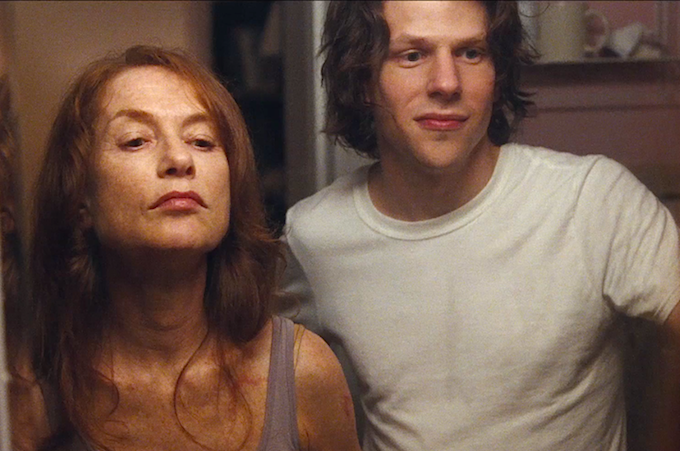
We met young Norwegian director Joachim Trier for a quick chat about his new film Louder Than Bombs, a drama about a war photographer and her family. When Isabelle (Isabelle Huppert) dies in a car crash, her husband (Gabriel Byrne) and two sons Jonah (Jesse Eisenberg) and Conrad (Devin Druid) cope with their grief in very different ways.
 How did the diary of Conrad, Isabelle’s youngest son, take shape – a multilayered compilation of a young boy’s mindset and perception?
How did the diary of Conrad, Isabelle’s youngest son, take shape – a multilayered compilation of a young boy’s mindset and perception?
We had to write it and then write it again and again and again during editing; it was like making a feature film, that diary. We have many versions of it and I’m very happy with the one we used. We even have the clip from Opera by Dario Argento in it. One of our producers is Italian and knows Dario Argento and we got that through him. We wanted to get different elements of different cultural expressions into the diary. We tried to find poetry in the truth of the character. I love the film Kes by Ken Loach. My favourite moment in that film – the one where I always cry – is when the kid, who doesn’t know how to express himself, is suddenly asked by his teacher to talk for the first time and tell them how he takes care of his bird – he knows the boy is with this bird all day. And the kid speaks for the first time and talks freely about who he is. That’s not exactly what we’re doing, but I wanted Conrad’s diary to be a revelation of the discrepancy between his social inability and his inner life, which is so rich.
It is not only a written text in the film, but presented in a very visual way, as a montage of imagery. You used a similar technique in Oslo, August 31st and they both work very well. How did you become interested in this form of expression?
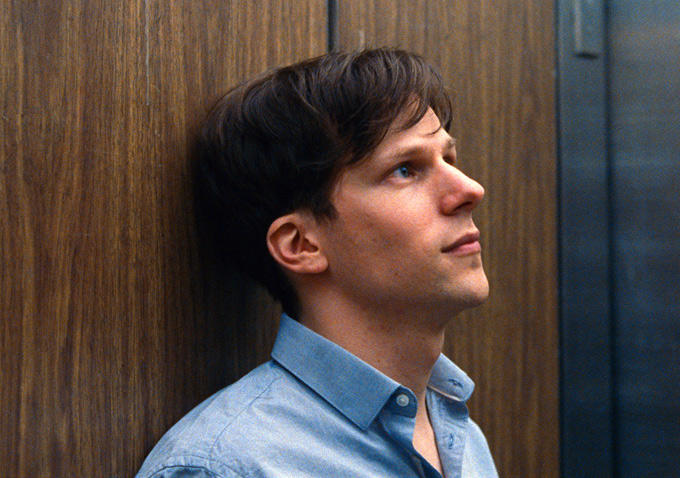 I went to the National Film and Television School in London, we called it National Social Realist Film and TV School. Steven Frears was a teacher there and Mike Leigh, people that I now admire tremendously for their skills in drama, but at the time I was really into Antonioni, Alain Resnais and Brian de Palma. I wanted montage and the break of the image and the form to be really at the essence of what I did, and I think I changed. Also by going to that school, I discovered Ken Loach and the fact that, in the middle of social realism, there is poetry and truth and not only social commentary hitting you on the head. In the best of these films there’s something more that transcends. However, I still have one foot in that kind of formalism. Showing thought patterns in cinema through montage I find very interesting. And it’s been appropriated by commercials, but I always try to show that it could be more expressive and, ideally, more complex.
I went to the National Film and Television School in London, we called it National Social Realist Film and TV School. Steven Frears was a teacher there and Mike Leigh, people that I now admire tremendously for their skills in drama, but at the time I was really into Antonioni, Alain Resnais and Brian de Palma. I wanted montage and the break of the image and the form to be really at the essence of what I did, and I think I changed. Also by going to that school, I discovered Ken Loach and the fact that, in the middle of social realism, there is poetry and truth and not only social commentary hitting you on the head. In the best of these films there’s something more that transcends. However, I still have one foot in that kind of formalism. Showing thought patterns in cinema through montage I find very interesting. And it’s been appropriated by commercials, but I always try to show that it could be more expressive and, ideally, more complex.
What do you mean by thought patterns?
The train of thought. How people think. The structuring of thought, which I think is the temporal experience of images on the screen. We always talk about stories, because it’s a literary term and it’s very easy to say, but the fact is we’re watching images in time and they either correlate or don’t with our sensomotoric thought patterns. And it sounds very technical, but I feel it’s a fact, you’re actually dealing with theme and image when you make a movie, all the time. It can be quick or slow: how do you pace the information? Is it possible to express, to show thinking literally, the association chain of a young boy thinking randomly about his life? Yeah, let’s try. That’s what I mean with thought pattern.
There are a lot of memories in the film, a lot of dreams…
That’s what we constitute our identity on, these frail things that we believe are truths about ourselves and that’s very scary and also liberating. AndI feel the film is very much about that: the questioning of identities.
Your writing partner Eskil Vogt just made his first movie himself, Blind, which was very heavy on montage as well. Is he still going to write scripts for you, now that he’s a director himself?
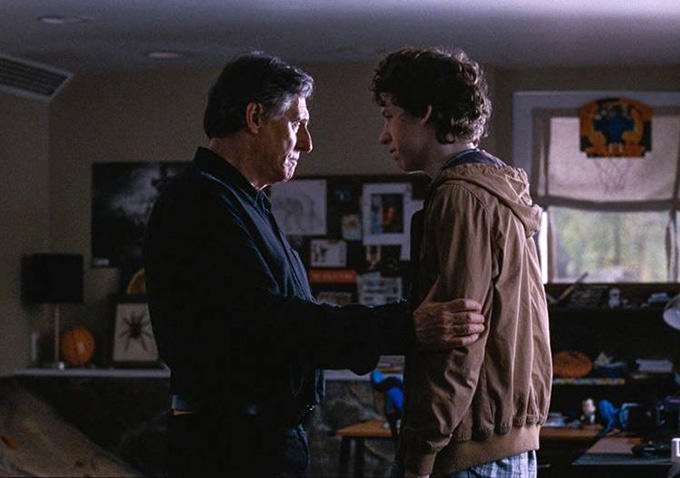 Yeah, I’m lucky. He’s a wonderful director, but he thinks it’s also valuable to write with me. We’re writing something right now. But I reckon he will direct again, as well. I don’t think he feels that he has to direct a film every second year. People have a different temperament. I hope he keeps directing a lot.
Yeah, I’m lucky. He’s a wonderful director, but he thinks it’s also valuable to write with me. We’re writing something right now. But I reckon he will direct again, as well. I don’t think he feels that he has to direct a film every second year. People have a different temperament. I hope he keeps directing a lot.
Is your next project going to happen in Norway or the USA?
Right now we’re writing something Norwegian. I think that’s going to be the first. But we are also doing something English, we don’t know yet. It would be kind of nice to do a Norwegian one now, quickly, and then see. I try to be specific whenever I work because that’s what I’m curious about. I hope we can develop. What you dream of when you become a filmmaker is that people will allow you to develop. It’s a big deal for me. I made three films and just now, for the first time showed the third film. And everyone compares what you do. When I did my second one, they said it’s slower than Reprise or this is much better than that. And I guess when people have kids, one kid might have big ears and one has imperfect teeth, but you love them all, even if they’re not perfect. I hope I’m alive to make different types of movies. I don’t have so much control over it. I pretend to be the director and we have made a poster and I say “This is my movie!”, but it’s pretty messy, you don’t really know what you’re doing, I think, half of the time. Maybe you know later, sometimes.
How did the presence of Isabelle Huppert affect the film?
In terms of the shooting, it made a huge difference, because she is able to apply very specific, subtle means to create an iconic character without us having to make such a big effort. Since it’s set in New York, we could have a French war photographer, it’s natural. I’m a fan of hers and she knows that I’m particularly interested in the close-up, as sort of an element in the cinema that’s very pure. Isabelle is interesting, she can do close-ups in which you feel unsure if she locks you out or lets you in. She’s incredible, I can’t put my finger on it, she’s amazing, I’ve never seen an image change so much when an actor gets in front of the camera, it’s really interesting.
The audience’s reaction to her tends to be either love or hate.
But isn’t that the sign of strong art, that people disagree or discuss or feel or I don’t know? Maybe I’m in the middle of a bubble, but most of the people around me, they just adore her work. Maybe me and my friends are just fans, but I think she’s remarkable.
Were the other actors all your choices?
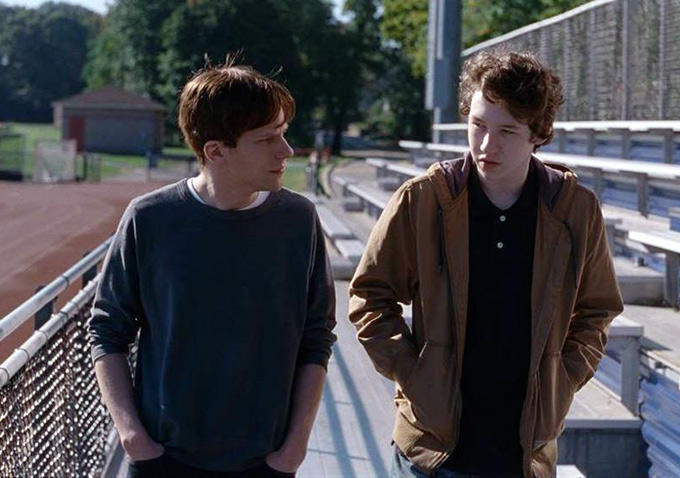 Completely my choices. It’s very important to say. I’m very fortunate we put the financing together, my final cut completely passed approval, a lot of European support with soft money from France, Denmark, Norway and some American, as well. But concerning the cast, those are the best actors that I wanted to work with. That’s it.
Completely my choices. It’s very important to say. I’m very fortunate we put the financing together, my final cut completely passed approval, a lot of European support with soft money from France, Denmark, Norway and some American, as well. But concerning the cast, those are the best actors that I wanted to work with. That’s it.
What about the crew?
Most of the crew was American, but I had my cinematographer with me from Sweden and the editor and so forth. And the postproduction was done in Scandinavia.
Is working in America different?
It’s strange, everyday you come to the set in the morning and they erect a music festival, like 15 trucks, catering and snacks – and you have to pay. The unions are so strong in New York that you’ve got to pay those trucks and that’s it. Nobody can get away from it, unless you make a tiny movie. If you make a proper-budget movie, the cost is immediately ten times as much. But they’re quick, they’re fast, they work 16-hour days, it’s amazing what you get done. You can move a tremendous lamp in three minutes, there’ll be five guys doing it. “Move the sun!” I don’t want to be the European falling on my ass in America; it’s always expected that you do, right? It wasn’t so different in the end. We had rehearsal time with the actors which is unusual in America.
What about war photography? Did you think about that also in terms of similarities to filmmaking?
It’s very inspiring as a filmmaker to think about how you perceive the pain of other people or the ability to tell those stories. Regarding the Pain of Others by Susan Sontag is pretty interesting stuff also for just narrative philosophy, not just about war representation.
Christian Herschmann
For our review of Louder Than Bombs visit here.
Read more of our reviews and interviews from the festival here.
For further information about Cannes Film Festival 2015 visit here.
Watch an excerpt of Louder than Bombs here:
https://www.youtube.com/watch?v=ebAXQrvbO9w

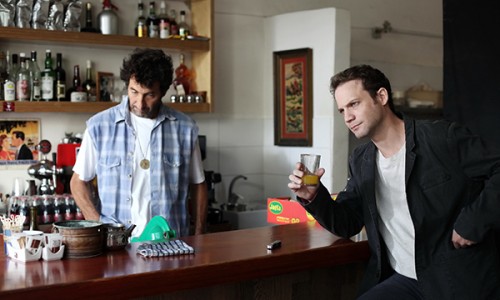
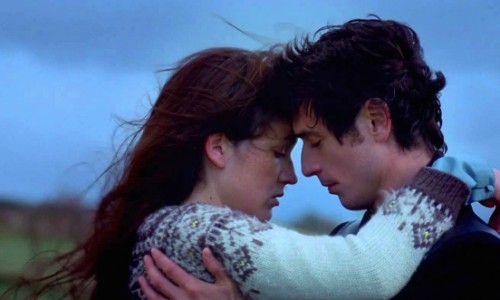
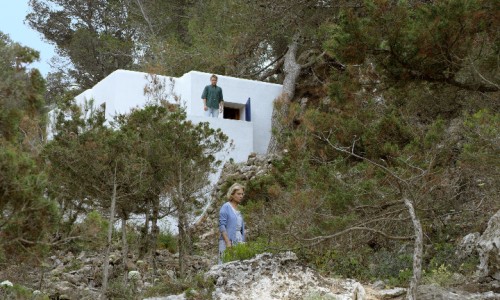
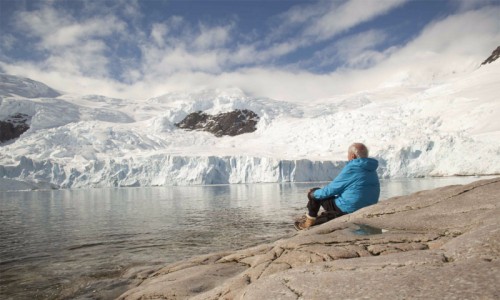
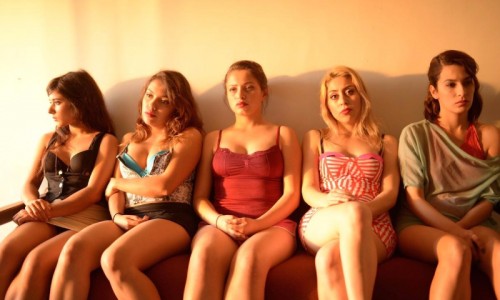
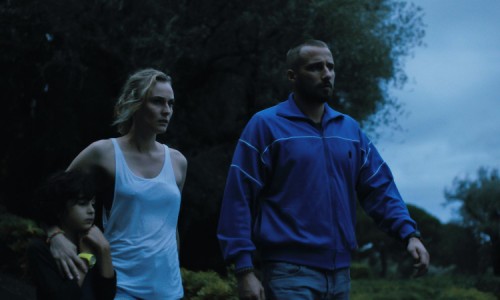
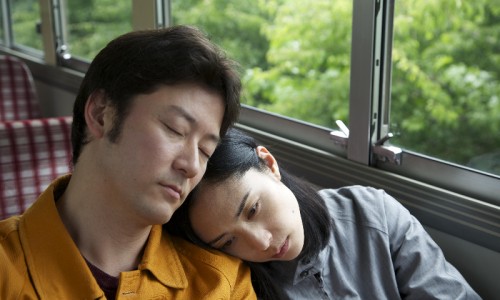
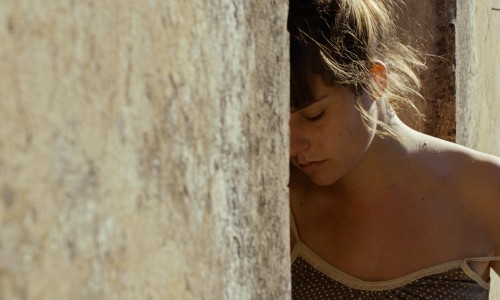
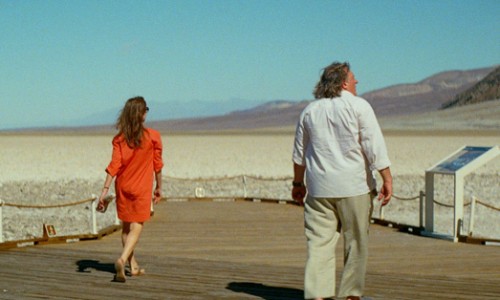
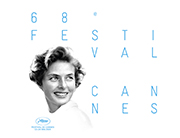















Facebook
Twitter
Instagram
YouTube
RSS